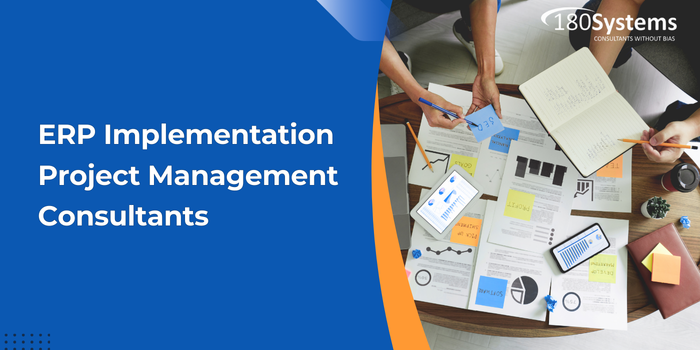The rubber hits the road when you implement an ERP system. You need to be ready for it, which requires you to define the roles and responsibilities for the project and assign people to each role. It is best to use your own people for all roles with the possible exception of the project manager. Many organizations don’t have the internal project management expertise, or their resources are not available. Therefore, it makes sense to bring in an expert who has been there and done it before to help you mitigate the risks and guide you to a successful implementation. So clearly experience in implementing ERP systems is vital, but what else should you consider?
Methodology
There are a lot of tasks, and the implementation requires a governance package that includes:
- Project Plan
- RAID Log
- Financials Tracking
- Org Chart
- Communications Plan
- Change Management Plan
- Leadership Summary
- Escalation Path
- Data Migration
- Training Matrix
- UAT Script
You don’t want to create new templates for each of these documents. Your consultant should come equipped with all of these documents ready to be tailored but not created just for you.
Corporate Objectives
All project managers know that objectives include being on time and in budget. But that is not enough. An ERP implementation should have corporate goals or critical success factors expressed as KPI’s that become the goal posts for the implementation. Break out the champagne when the goal KPI’s are met. The project manager needs to be aware of all the corporate objectives.
Scope
The project manager is also responsible for project scope (prevent scope creep…) and this is the most difficult responsibility of the project manager. Scope will be defined based on the requirements and knowledge of these requirements is critical in managing scope. So, for example, if the implementation is for a manufacturer, the project manager should be very knowledgeable on manufacturing processes and requirements.
Independence
There will be times when the project manager needs to keep the vendor’s feet to the fire and there should not be any incentive to do otherwise.
Trust
Trust is just as important as the skills and experience of the project manager. Although there are assessment tests available, the best way to evaluate whether you can trust someone is to listen carefully to what they are saying. They should demonstrate integrity throughout the interview process. You should also speak to their references.
Flexibility
The project manager needs to adapt to your schedule of meetings. As well, the project manager should be able to act as a coach to your internal project managers who just need some help in the beginning of the project.

